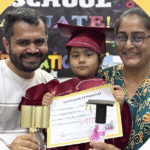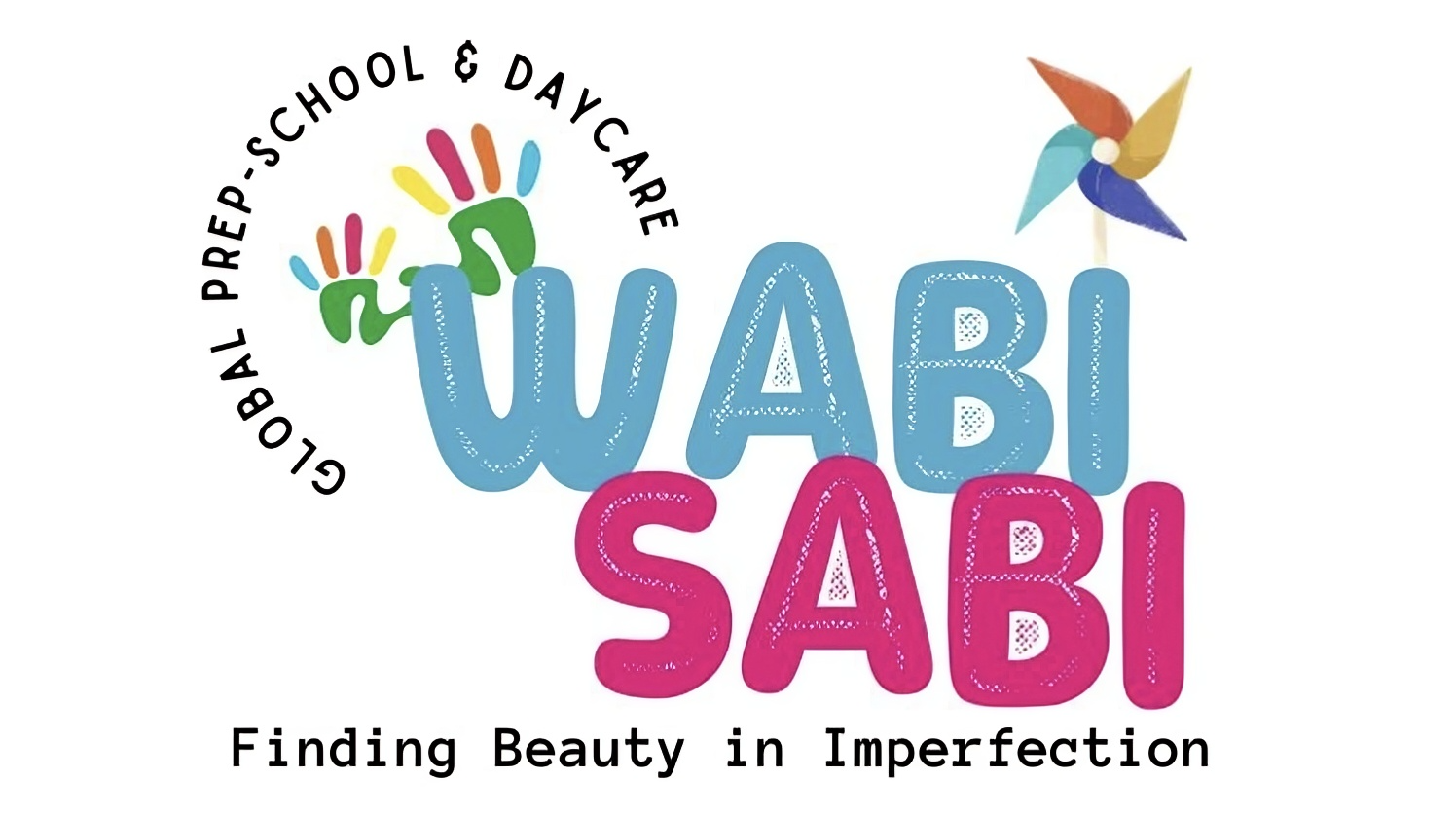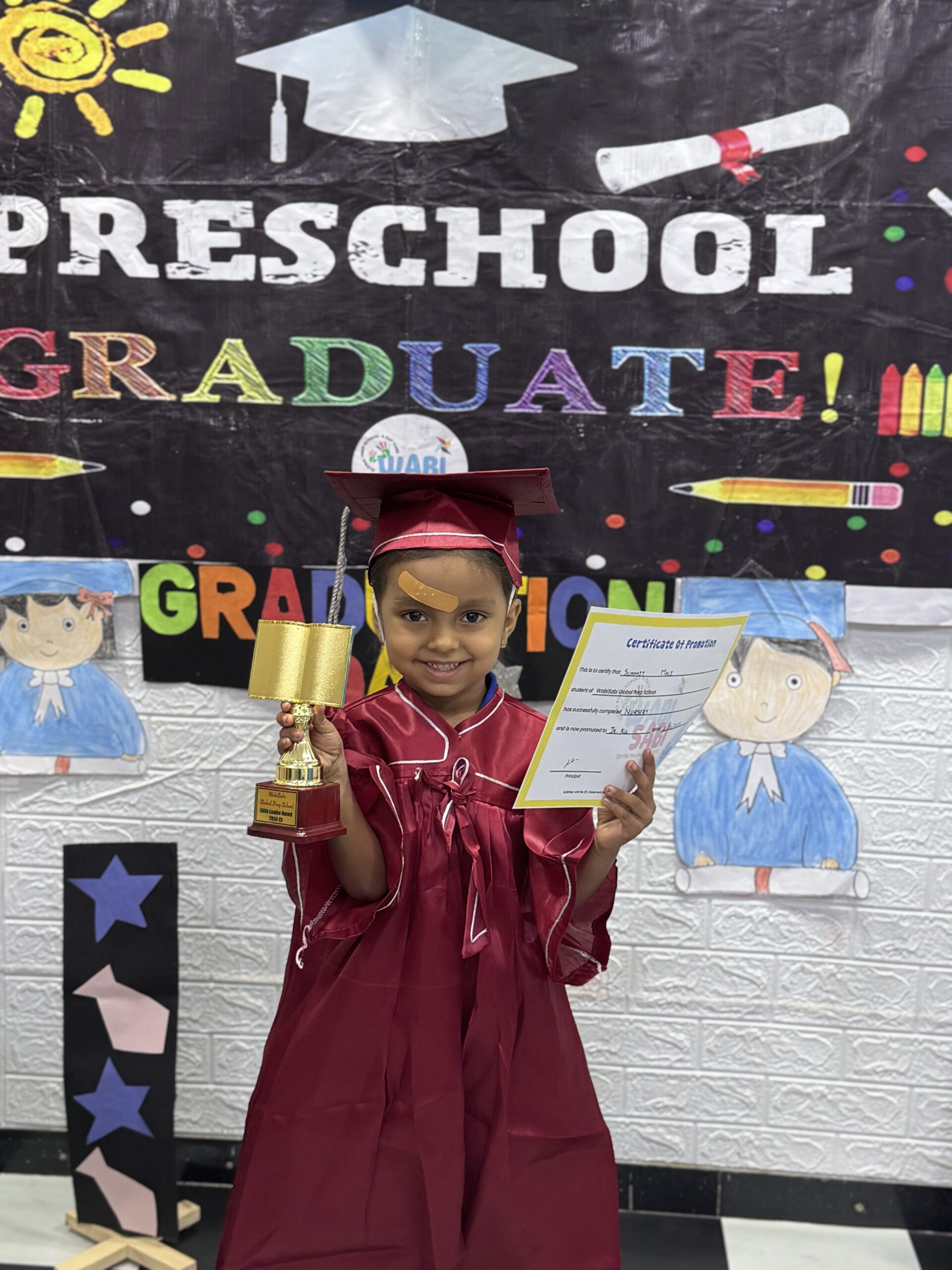Frequently Asked Questions
Choosing the right preschool is a big decision, and we’re here to make it easier . Explore answers to the most common questions parents have before they join our learning family.


FAQs
Q1: What should I look for when choosing a preschool?
Look for a warm, safe environment with caring educators, a child-centered approach, and a balance of play and learning that matches your child’s needs and values.
Q2: Is play really that important in early education?
Yes, absolutely. Play is how young children learn best—it supports cognitive, emotional, and physical development while keeping learning joyful and natural.
Q3: How does preschool support a child’s overall development?
A quality preschool nurtures social skills, language, emotional resilience, motor coordination, early academics, and independence—all through age-appropriate experiences.
Q4: What teaching methods are used in preschools today?
Many preschools blend Montessori, play-based, and experiential methods to create a well-rounded, engaging, and child-centric environment.
Q5: How can I prepare my child for their first day?
Talk positively about school, visit the campus if possible, maintain a cheerful routine, and offer reassurance. Most children adjust gradually with gentle guidance.
Q6: What if my child cries or refuses to stay?
It’s completely normal. Preschools usually follow a settling-in process, allowing children to ease into the new environment with emotional support and patience.
Q7: Is academic learning introduced in preschool?
Yes, but in a fun and developmentally appropriate way. Early literacy, numeracy, and problem-solving are taught through stories, activities, and play—not rote learning.
Q8: How does preschool help with social skills?
Children learn to share, cooperate, express themselves, and resolve small conflicts—skills that form the foundation for strong relationships in later life.
Q9: Is toilet training required before starting preschool?
Not always. Many preschools support toilet training as part of the routine, depending on the child’s age and program level.
Q10: What role do parents play in preschool education?
A very important one. Partnering with educators, maintaining open communication, and continuing learning at home all strengthen the child’s growth journey.
What Parents Say




Children at WabiSabi Global Prep School don’t just memorize—they truly understand. The nurturing environment allows each child to explore, grow, and embrace learning at their own pace. Teachers encourage self-reliance and respect for others. My daughter loves going to school every morning, and I appreciate the balance between academic and emotional growth.
Parent

Wabi Sabi Playgroup is like a second home for my son. The teachers take great care of him and make learning fun. Every activity is thoughtfully planned, helping him build new skills while feeling safe and loved. The joy I see on his face every afternoon says it all. Thank you for making her early years so meaningful and joyful.
Parent

We appreciate the dedication of the entire team at Wabi Sabi Global Prep School. The effort they put into creating an engaging environment is evident. Our daughter looks forward to school every day and returns with stories of new discoveries. Thank you for making her early years so meaningful and joyful.
Parent
Little Joys in Action
Snapshots of laughter, learning, and the little wins that make every day magical.
Where Every Child’s Journey Begins with Wonder
At Wabi Sabi, we believe in embracing the beauty of imperfection, curiosity, and joyful learning. Our nurturing environment encourages children to explore, grow, and thrive at their own pace.

Holistic Learning
Nurturing creativity, critical thinking, and confidence through play-based education.
Mindful Environment
A calm, nature-inspired space that supports emotional well-being and inner balance









